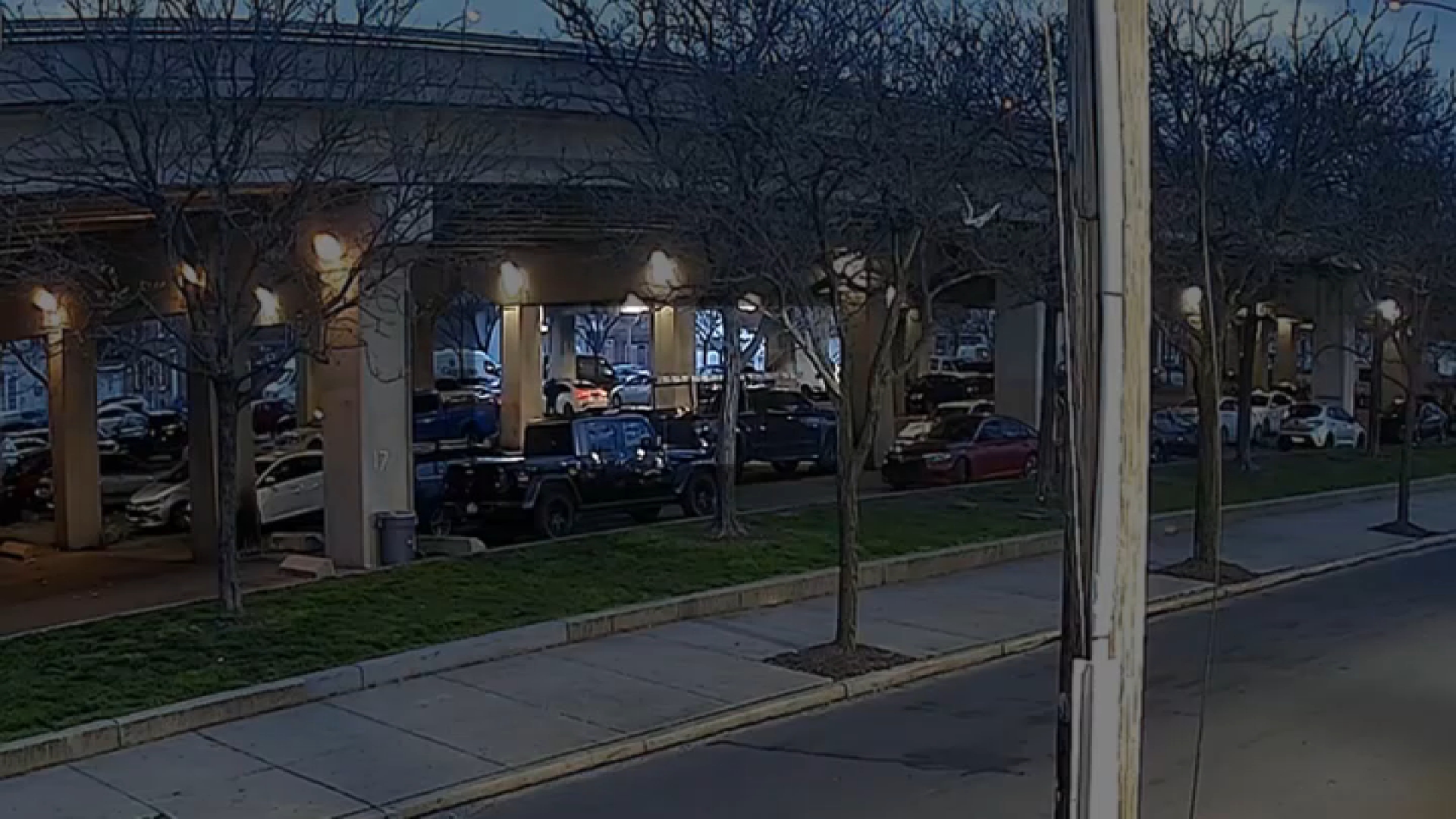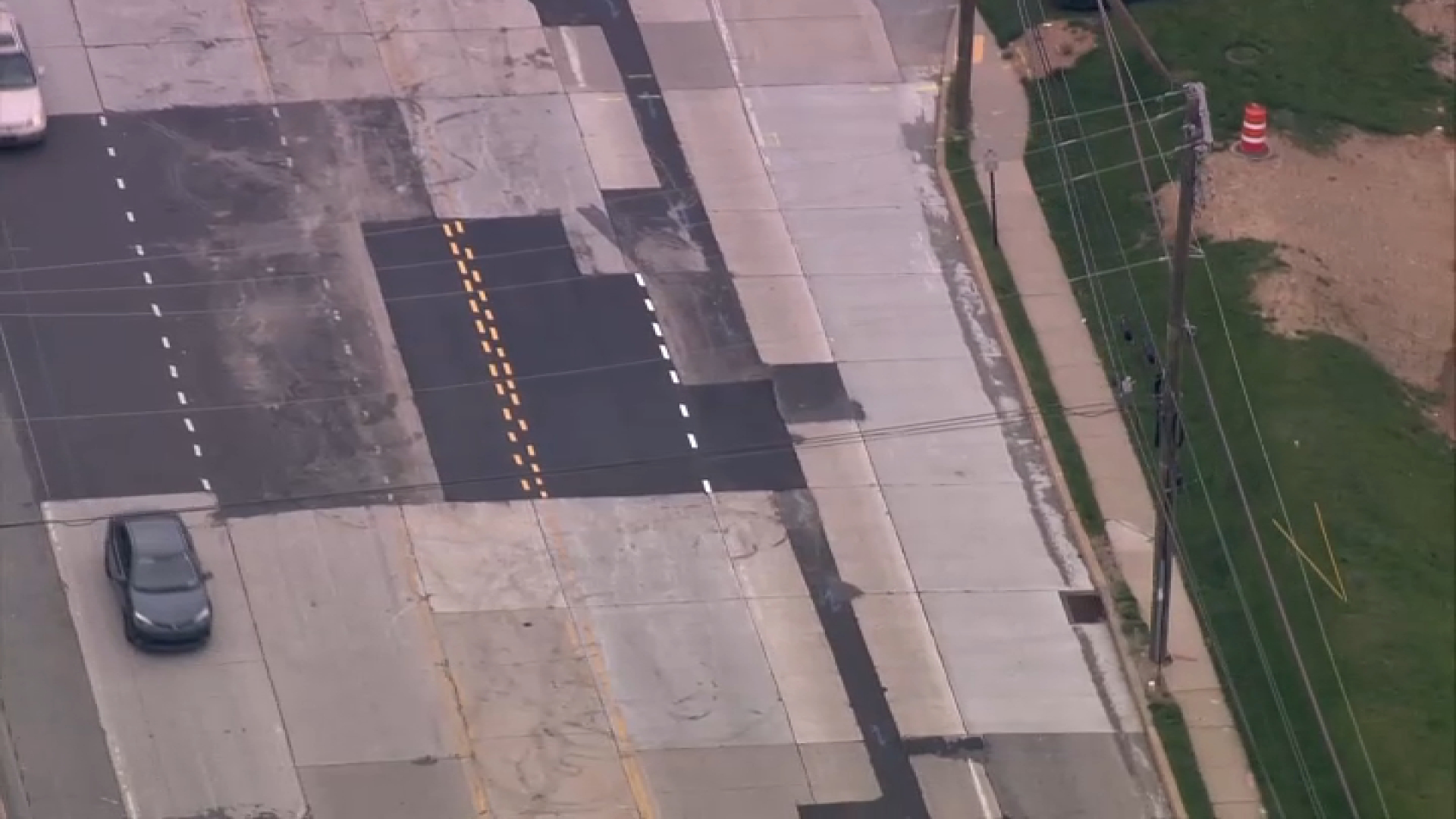One of the three friends who federal authorities said plotted to attack a Prophet Muhammad cartoon contest in Texas grew up a Phillies fan in Philadelphia.
Abdul Malik Abdul Kareem, 43, stands accused of helping plot the May 3 attack in Garland, Texas where Elton Simpson and Nadir Soofi were killed by police.
Kareem was born and raised in Philadelphia as Decarus Lowell Thomas, but court records show he changed his name in 2013.
Between 1997 and 2004, Kareem struggled with substance abuse leading to an aggravated assault charge, three DUIs and a four-month jail sentence. Kareem's brother James Newman said Kareem owned his own moving and carpet-cleaning business and was known to his family as a hardworking man who went out of his way to help others.
"My brother is not a terrorist, he loves the Philadelphia Phillies, he loves cookouts, he loves the red white and blue, just because he's Islamic doesn't mean he is an enemy of our country," Newman said.
Between the Charlie Hebdo attack on Jan. 7 and the cartoon contest shooting on May 3, Kareem hosted the shooters in his home, provided them with weapons and practiced shooting in the remote desert outside Phoenix, Arizona, according to a federal indictment.
Prosecutors in Phoenix continue to investigate whether more people might be involved as they build their case against Kareem.
Local
Breaking news and the stories that matter to your neighborhood.
Prosecutors provided a glimpse of the evidence earlier this week in court. FBI Special Agent Dina McCarthy testified that the informant called Kareem to discuss purchasing pipe bombs using "coded language," five days after the shooting in Texas. They previously discussed silencers and body armor.
McCarthy said during testimony that Simpson and Soofi later used the same three rifles they shot in the desert, along with three handguns and 1,500 rounds of ammunition, and drove to Texas to attack the event featuring cartoons deemed offensive to Muslims.
Three days after the shooting, Kareem walked into the FBI headquarters in Phoenix for a voluntary interview with investigators. He was released, but arrested a month later and charged with conspiracy, making false statements and interstate transportation of firearms with intent to commit a felony.
When Kareem was arrested, authorities found a gun in his vehicle and another in his residence as well as body armor locked inside a gun safe.
At Kareem's detention hearing, McCarthy described how a witness and a confidential informant learned about Kareem's interest in the Islamic State, including watching the group's videos with Texas shooters Simpson and Soofi. She said Kareem wanted to attack the Super Bowl when it was in Arizona this year, but provided no specifics about how serious he was.
Simpson, previously convicted in a terrorism-related investigation, was already under federal scrutiny for online posts expressing interest in jihad.
All three men attended the same mosque in Phoenix.
McCarthy said a 2012 investigation into Kareem and his then-roommates found terrorism-related documents on a computer and flash drive in their apartment. Investigators discovered videos with titles that included "Training that makes killing civilians acceptable" and "A treatise on the legal status of using weapons of mass destruction on infidels" as well as a Global Islamic Media Front document the FBI says is used by jihadists to evade detection of law enforcement and intelligence agencies.
Kareem's defense attorney Daniel Maynard said the flash drive belonged to Simpson, but the computer was Kareem's. On it, investigators found one of the documents in the recycle bin.
Much of the evidence in McCarthy's testimony came from a witness and a confidential informant who had been arrested for kidnapping and adult sex trafficking four days after the Texas shooting.
Maynard called the informant a "jailhouse snitch," and said his information, for which the FBI paid $500, was unreliable. He described Kareem as a man who had made mistakes in his past but was not dangerous.
"He is a normal citizen who just happens to believe in a different faith than most of us," Maynard said.



